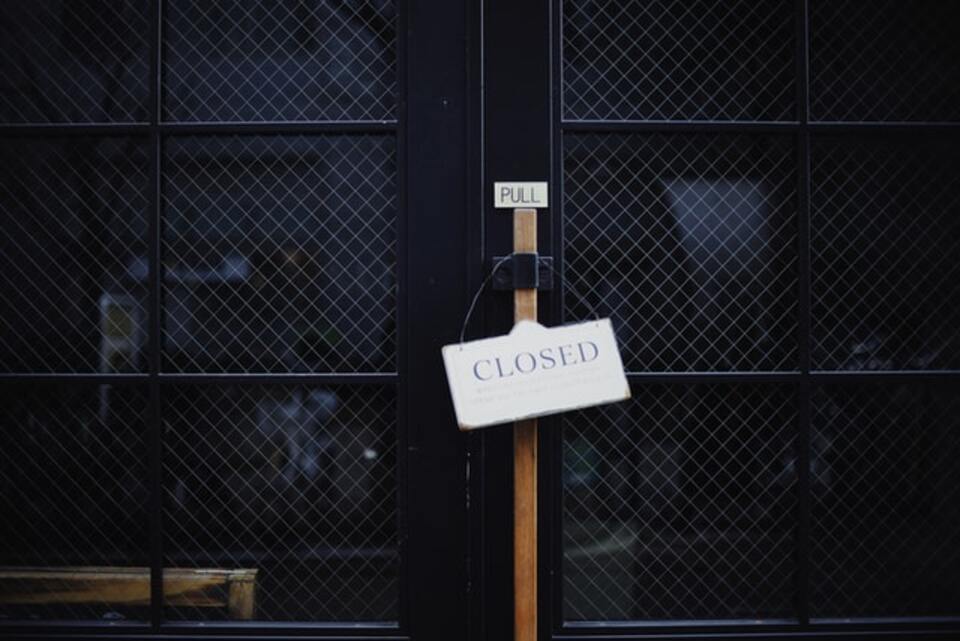
More than 900,000 in-favor votes were received by the Texas government over the Proposition 3 legislation. As reported, the state constitutional amendment would soon ban the local government from creating religious restrictions.
Amid the pandemic's peak, the government halted churches and religious gatherings to prevent the spread of COVID-19.
Why Proposition 3 Gets Passed?
On Tuesday, Nov. 2, the Texas government finally passed the controversial Proposition 3. The amendment is part of the statewide constitutional changes amid the COVID-19 pandemic.
As reported via Axios Austin, the proposition received a yes vote of 63 percent. Meanwhile, the no vote only tallied 37 percent.
It was explained that the Proposition 3 would soon prohibit the Texas governments from stopping churches or religious groups from conducting services. The limitation on members imposed by the government is also part of the amendment.
In layman's terms, the government would no longer have authority over churches or religious groups when it comes to gatherings.
As reported before, amid the pandemic, all churches were prohibited from gathering their members. This was in line with the U.S. Centers for Disease Control and Prevention (CDC) advice to prevent the spread of the virus.
Despite the legislation's sensitivity, the University of Houston professor Brandon Rottinghaus felt unsurprised with the result.
In his Houston Public Media website interview, the political science educator shared that the "religious conservative voting bloc" made the amendment happen.
According to Rottinghaus, the majority of voters were Republicans and religious people. He explained that most of them believed in the idea of Proposition 3.
He added that most of the voters felt that the state should not limit the church gatherings. This is regardless of whether the state is facing a pandemic or other emergency events.
Is it Favorable?
Although many are still unconvinced with Proposition 3, Glorious Way Church Pastor John Greiner believed otherwise.
In the latest report from Crossmap, the pastor was one of the first church leaders who spoke in favor of the amendment.
He said on Christian Headlines that he believed closing of churches back then was "unconstitutional." According to the Houston pastor, voting yes to the legislation was an "educated Christian decision."
Pastor Greiner was also supported by Rep. Scott Sanford of Texas 70th District, who is a pastor, as well.
The congressman pointed out that the "bill is a Biblical and constitutional way to address the issue." He also shared that churches have their own ways to ensure protection amongst their members.
Thus, the Proposition 3 was favorable for him.
Meanwhile, Caroline Mala Corbin, an expert on religious liberty at the University of Miami School of Law, also shared a point of view about the amendment.
In her interview with Houston Public Media, she indicated the threat of the Proposition 3 in curbing the virus. She called the worship gatherings "super-spreader events" where people could easily contract viruses.
She added, "Given those restrictions, there's really no question that it's going to curtail the government's ability to protect the health of its citizenry."
More from Crossmap:
Glorious Way Church pastor favors Texas' 'Proposition 3,’ limiting state to ban church gatherings





